
CT
Latest News

Latest Videos

CME Content
More News
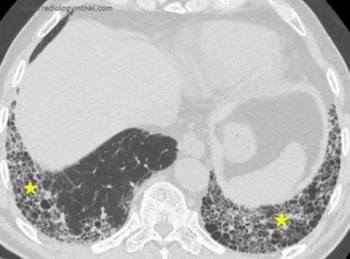
The IQ-UIP AI software may bolster computed tomography diagnosis of usual interstitial pneumonia (UIP), which is reportedly misdiagnosed in over 50 percent of cases.

Catch up on the top radiology content of the past week.
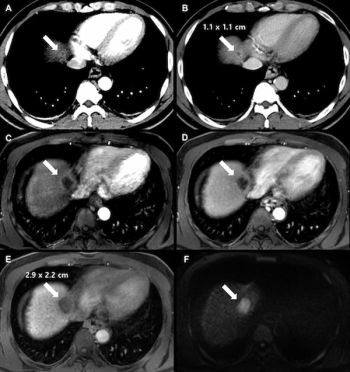
Seventy percent of LR-M hepatocellular carcinoma (HCC) cases were associated with rapid growth in comparison to 12.5 percent of LR-4 HCCs and 28.5 percent of LR-4 HCCs, according to a new study.
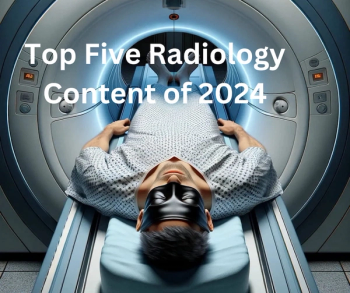
Touching on a variety of topics in radiology, here are the top five most well-viewed content from Diagnostic Imaging in 2024.
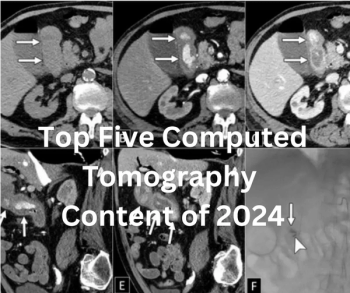
Catch up on the most well-read computed tomography (CT) articles from 2024.

Catch up on the top AI-related news and research in radiology over the past month.

Catch up on the top radiology content of the past week.
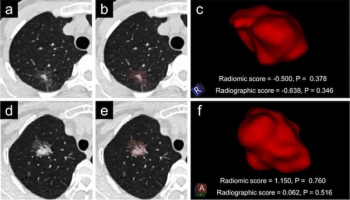
A CT-based radiomic model offered over 10 percent higher specificity and positive predictive value for high-risk lung adenocarcinoma in comparison to a radiographic model, according to external validation testing in a recent study.

Catch up on the top radiology content of the past week.

The authors of a new study found that deep learning assessment of single-phase CT scans provides comparable within-one stage accuracies to multiphase CT for detecting and staging chronic obstructive pulmonary disease (COPD).
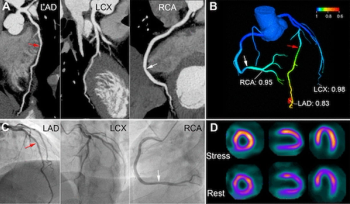
For patients with suspected or known coronary artery disease (CAD) without percutaneous coronary intervention (PCI), researchers found that those with a normal CTA-derived quantitative flow ratio (CT-QFR) had a 22 percent higher MACE-free survival rate.
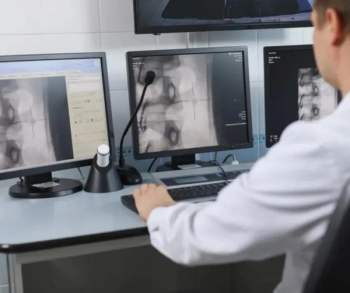
Do we get mired in the rut of generational grumbling, or do we reframe resentments into perspective of what we have overcome?
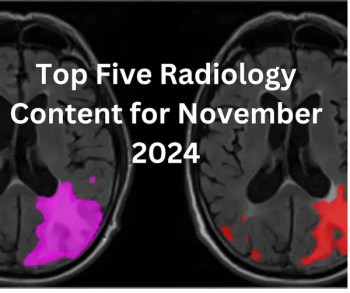
Catch up on the most-well viewed radiology content in November 2024.

As recommendations have become a commonplace expectation on radiology reports, is there a point where we are crossing the line?

Catch up on the top radiology content of the past week.

In a recent interview, Richard Duszak, MD, discussed new study findings that showed over nine percent annual increases in ultrasound, CT and MRI interpretation by office-based non-physician practitioners (NPPs) between 2013 and 2022.
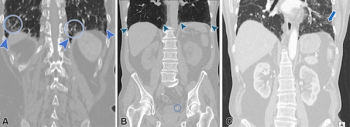
While a large retrospective study found that interstitial lung abnormalities (ILAs) were evident on 1.7 percent of computed tomography (CT) scans, researchers found that 43.9 percent of ILAs, including fibrotic ILAs, were not reported.
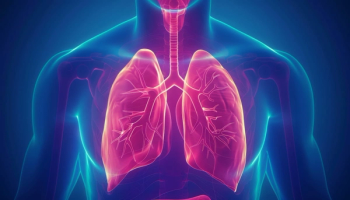
For patients undergoing curative treatment for lung cancer, coronary artery calcification scoring via computed tomography has a 97 percent likelihood of determining their risk for major cardiovascular events, according to a new meta-analysis.
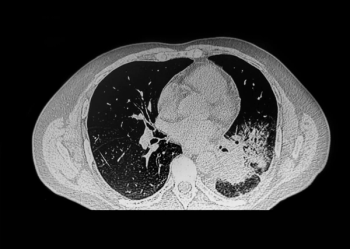
Agreement on follow-up imaging was 41 percent more likely with recommendations by thoracic radiologists and 36 percent less likely on recommendations for follow-up nuclear imaging, according to new research.

Catch up on the top radiology content of the past week.
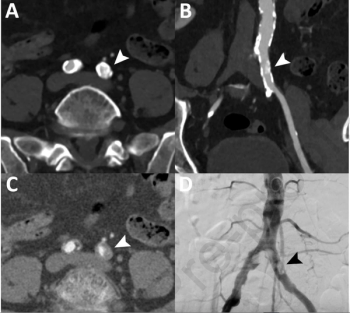
New research demonstrates that photon-counting computed tomography angiography (PC CTA) provides sensitivity, specificity, and accuracy rates of 90 percent and higher for the detection of stenotic disease in patients with peripheral artery disease (PAD).
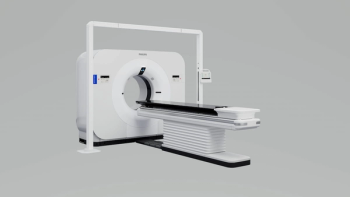
The Spectral CT 7500 RT system reportedly combines 4D conventional computed tomography (CT) with the enhanced quantification and visualization of spectral CT to facilitate improved precision with radiotherapy.

Catch up on the top radiology content of the past week.
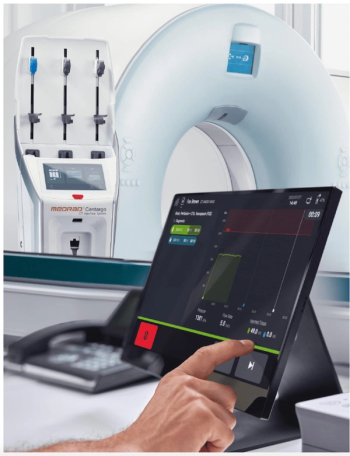
Facilitating optimal use of contrast, the Medrad Centargo CT Injection System reportedly combines user-friendly features with workflow efficiency for high-volume CT departments.
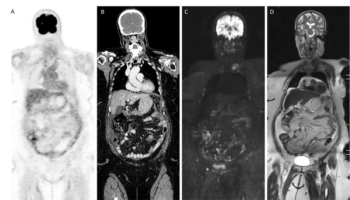
In newly published guidelines, researchers discuss the utility of CT, MRI and PET/CT in the diagnosis, staging, treatment monitoring and follow-up imaging for peritoneal metastases in patients with ovarian or colorectal cancer.






















